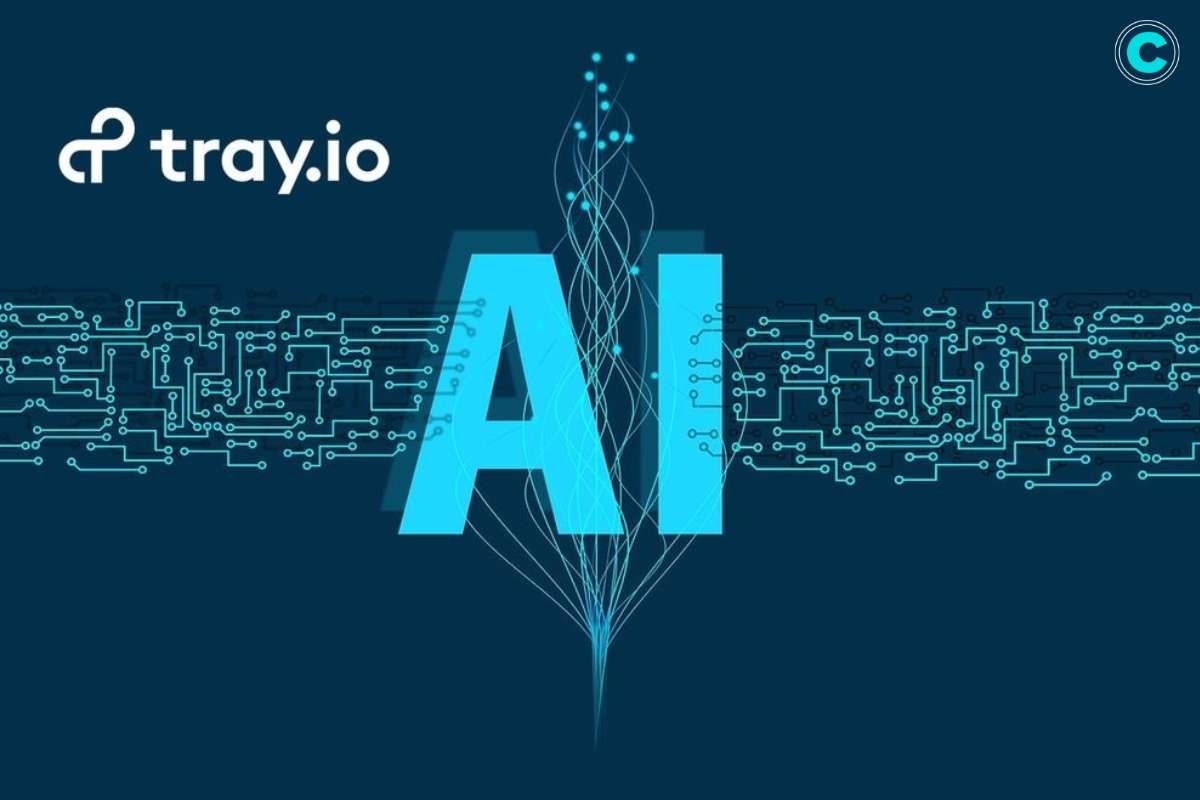(Source-BNN Breaking)
Enterprises Encounter Hurdles Integrating AI into Tech Stacks
According to recent research conducted by Tray.io, the integration of artificial intelligence (AI) into enterprise technology stacks presents significant challenges for over 90 percent of organizations. While nearly three-quarters of companies (73 percent) acknowledge that more than half of their tech stack applications boast AI capabilities, 96 percent plan to leverage AI to enhance various facets of their operations, including process efficiency, employee productivity, customer satisfaction, and cost reduction.
Integration Pains Amidst AI Proliferation
The rapid adoption of AI within existing Software as a Service (SaaS) applications is accompanied by integration complexities, as highlighted by the research findings. Enterprises face hurdles such as provisioning and ongoing management challenges, the absence of AI implementation frameworks, and organizational change management issues. The proliferation of AI features within SaaS apps exacerbates these integration pains, posing significant obstacles to seamless integration across the tech stack.
Executive-Practitioner Discord on AI Implementation Strategies
A notable discord emerges between executives and practitioners regarding AI implementation strategies. While 48 percent of enterprise executives prioritize building robust integrations between internal SaaS apps and AI, nearly 20 percent of practitioners indicate a lack of AI strategy concerning their tech stack and internal business processes. Additionally, 32 percent of executives anticipate employee pushback during AI implementation, underscoring the need for cohesive alignment and effective change management strategies.
Navigating the AI Era: Unifying Teams and Streamlining Integration
Rich Waldron, CEO and co-founder of Tray.io emphasizes the importance of unifying teams and managing diverse AI functionalities without overwhelming technical staff or causing conflicts between connected applications. Waldron suggests that enterprises leverage centralized solutions tailored for the AI era, serving as control centers to make precise decisions on AI infusion into business processes for optimal outcomes.
Addressing SaaS Bloat and AI Strategy
The research sheds light on the challenge of SaaS bloat, with 55 percent of companies reporting more than 50 SaaS apps and 37 percent having over 100. Forty percent of respondents plan to leverage built-in AI features for over half of their SaaS apps. As part of their AI business process strategy, 57 percent of executives aim to utilize app-specific AI for each SaaS application. However, only 32 percent of practitioners prioritize this approach, with nearly 20 percent indicating a lack of AI strategy concerning their tech stack and internal business processes.

Navigating the Artificial Intelligence Technology Landscape: Trends, Innovations, and Applications
The artificial intelligence technology landscape encompasses a diverse array of AI technologies, methodologies, and
Moving Towards Sustainable AI Integration
While the concept of the Autonomous Enterprise remains a desirable goal, implementing AI features across every SaaS app may introduce unintended consequences. To ensure sustainable AI integration, enterprises must centralize AI efforts on a unified platform that simplifies development and ongoing management. Waldron underscores the importance of this approach in navigating the complexities of AI integration and maximizing its transformative potential within the enterprise.






